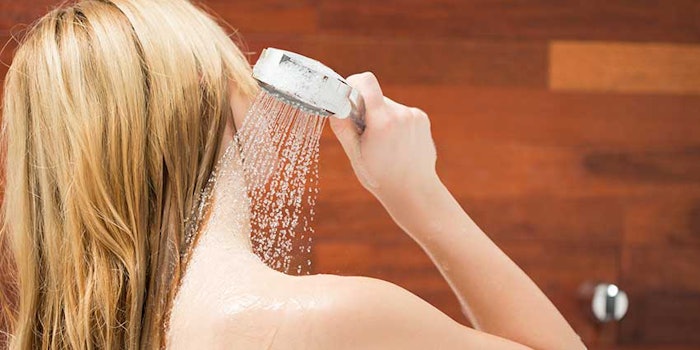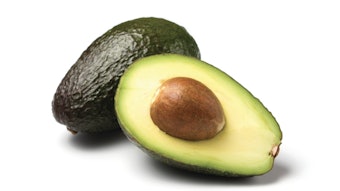
Water and eczema do not play well together; in fact, some water types may be more harmful to afflicted skin than others. However, new research published in the Journal of Investigative Dermatology found that both healthy skin barriers and those predisposed to irritation can be negatively affected by hard water.
Calcium and magnesium carbonates—including calcite, gypsum and dolomite—are found in high levels in hard water (≥ 100 mg/L). According to these researchers, higher calcium content in turn reduces the solubility of surfactants (detergents) in wash products, depositing them on skin and increasing the likelihood of irritation for those predisposed to atopic dermatitis.
This study confirmed that hard water worsens existing eczema, and that minerals in hard water could negatively affect the skin barrier of those with healthy skin. Infants bathed in hard water run an increased risk of early development of the skin condition as well.
In vivo Testing
To reach these conclusions, the researchers recruited 80 subjects, ranging from 18–56 years in age and split evenly into four groups for the study, including participants with:
- Healthy skin;
- A filaggrin mutation but no eczema symptoms;
- Eczema with a filaggrin gene mutation; and
- Eczema but no filaggrin gene mutation.
The groups were subjected to patch cleansing with six water samples—including hard, soft and deionized water—with two control areas on the forearm. Test sites were allergy tested and visually graded for erythema.
The surfactant sodium lauryl sulfate (SLS) was used for this study, which reduced skin barrier function after cleansing—but regardless of the water type used, subjects with eczema or carrying the filaggrin gene mutation were more affected by SLS than those with healthy skin and no mutation. Redness also correlated with SLS levels.










